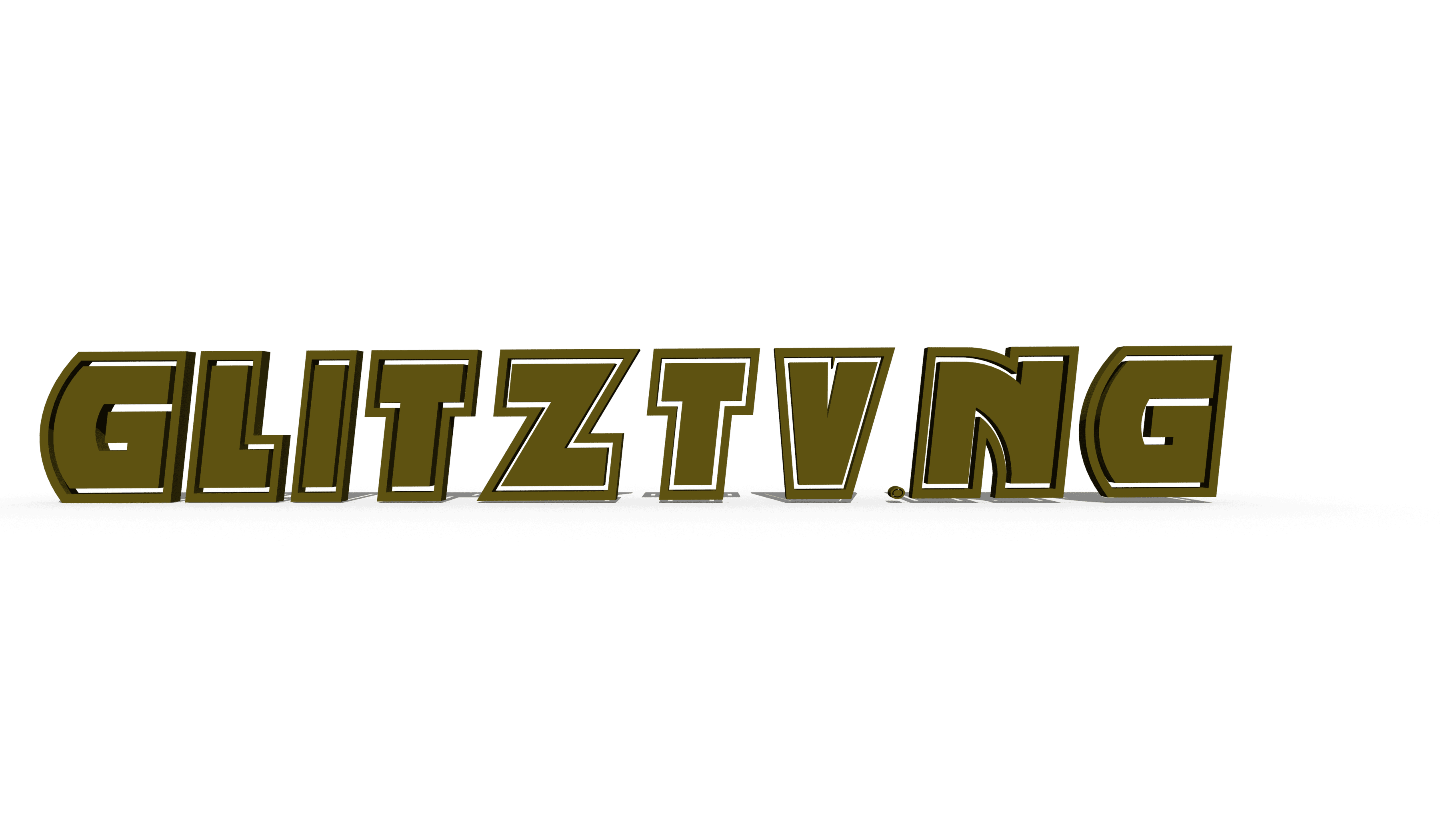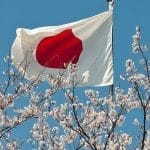The UK has entered a recession in the final three months of last year, according to official figures. The economy contracted by more than expected, with the gross domestic product (GDP) dropping by 0.3% between October and December. This follows a decline in GDP between July and September. A recession is typically defined as two consecutive quarters of GDP contraction. The news is likely to be a disappointment to Prime Minister Rishi Sunak, who had pledged to grow the economy. Chancellor Jeremy Hunt is set to present the latest budget in less than three weeks.
Shadow Chancellor Rachel Reeves criticized Sunak, stating that the data shows his promise to grow the economy has been “torn to pieces.” The government often uses growing GDP as evidence of effective economic management, while opposition politicians argue that a decline in GDP reflects poor governance.
An increase in GDP leads to higher tax revenue as people earn and spend more. This means more money for the government, which can be allocated to public services such as schools, police, and hospitals. Governments also monitor the amount of borrowing relative to the size of the economy.
Sources from the Treasury have confirmed that the chancellor is considering a larger plan for public spending to deliver tax cuts in the upcoming budget. Recent forecasts for public finance have worsened due to increased interest costs on government borrowing, although final decisions have not yet been made.
Regarding GDP, Hunt stated that low growth is not surprising given the high interest rates aimed at reducing inflation. He added that there are signs that the British economy is turning a corner. However, Reeves expressed concern over Sunak’s recession, stating that it will deeply worry families and businesses across Britain.
Figures from the Office for National Statistics indicate slow growth in all major sectors of the economy, including construction and manufacturing, during the last three months of last year. The decline in GDP during this period was worse than the widely forecasted 0.1% decrease by financial markets and economists. The GDP for the third quarter (July to September) also fell by 0.1%.
Ruth Gregory, deputy chief UK economist for Capital Economics, suggested that the latest economic figures might push the Bank of England closer to cutting interest rates. However, she added that the bank is unlikely to be too concerned about what could be a mild and short recession.
Recent data shows that inflation remained at 4% in January. The Bank of England had previously raised interest rates to curb inflation but has kept them at 5.25% since August last year.
For the entire year, the economy grew by only 0.1%. Liz McKeown, director of economic statistics for the Office for National Statistics, commented that although there were two consecutive quarters of contraction, the economy remained broadly flat throughout 2023.
Excluding the COVID-19 years, last year’s annual growth was the weakest since 2009 when the UK and major economies were recovering from the global financial crisis.
A recession occurs when a country’s gross domestic product (GDP) experiences negative growth for two consecutive quarters. GDP represents the total monetary value or market value of all finished goods and services produced within a country for sale to other countries.
negative growth for two consecutive quarters. GDP represents the total monetary value or market value of all finished goods and services produced within a country for sale to other countries.





